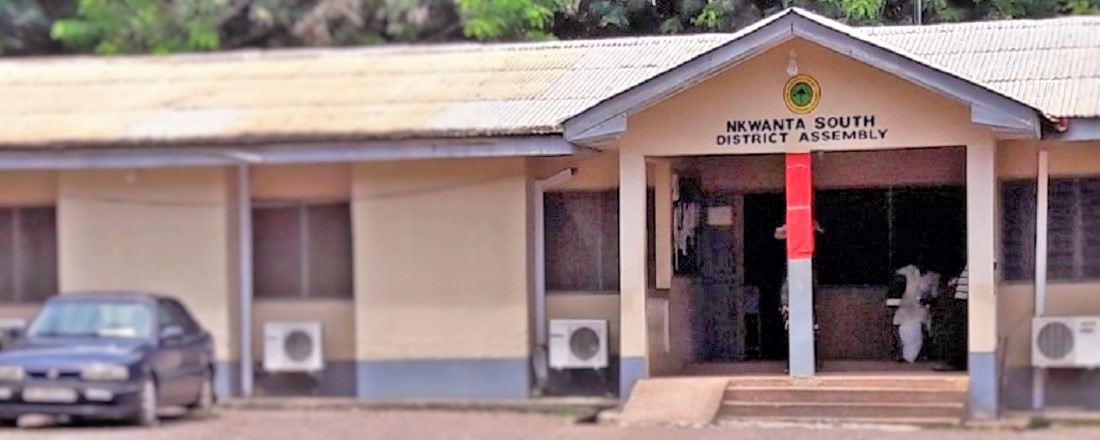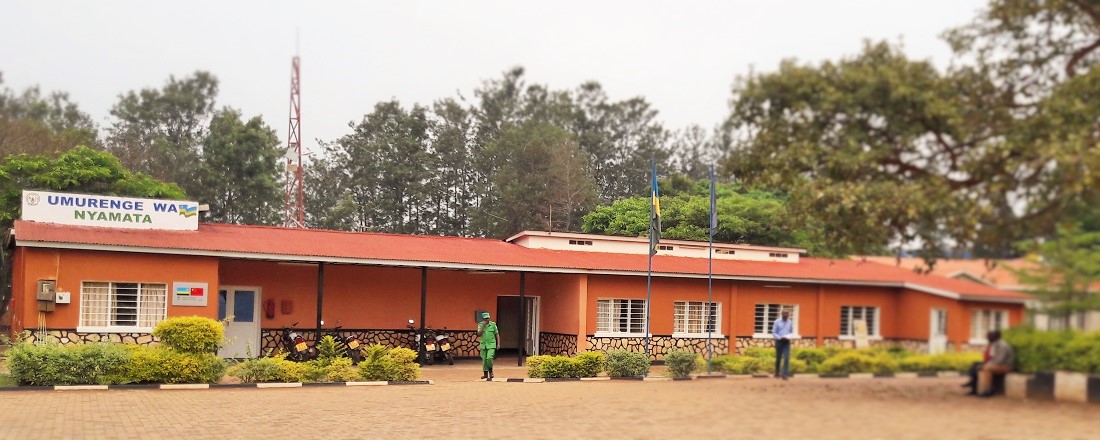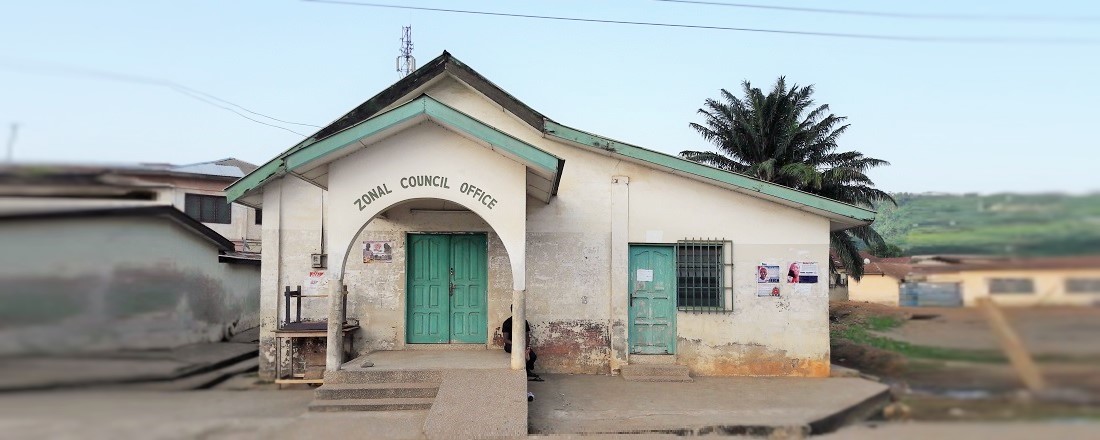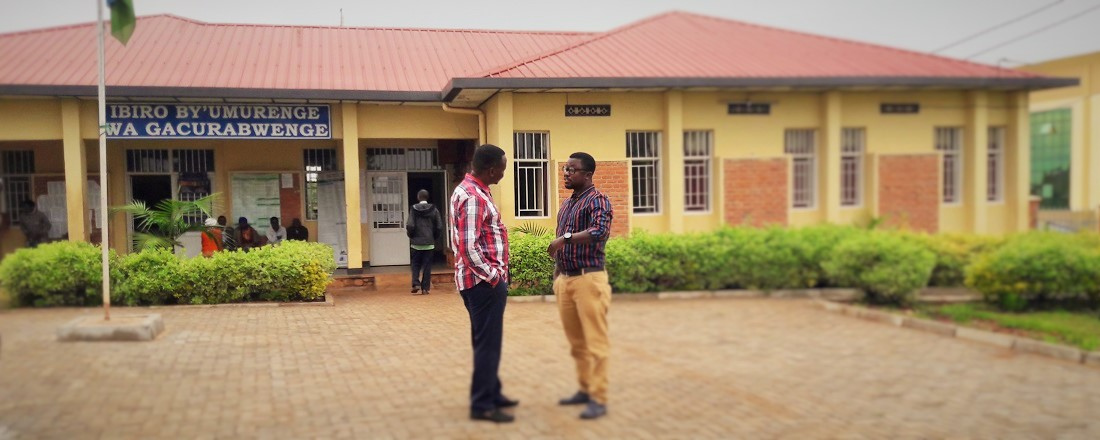'In the shadows of autonomy': Decentralization, municipal decision-makers and local contexts in Ghana and Rwanda

Decentralized local authorities in sub-Saharan Africa, as elsewhere, are expected to be responsive to local needs, fight corruption and hold officials to account. This premise is contingent on the autonomy of elected officials to make local decisions. Ghana and Rwanda represent in the decentralisation debate successful cases. We want to look deeper into the daily practice of decentralisation. According to the general concept, councillors and mayors would take charge of crucial decisions for effective service delivery and the fight against poverty. However, the usually strong focus of current research on the formal structure (viz. the local administration, efficiency and accountability) and its political control overlooks the local context that significantly influences everyday decision processes. In particular, the everyday life in and around the councils as well as their actors remains neglected. Councillors’ incentives and rationale for running for office are largely ignored. The relations between local actors in and outside the administration are hardly considered. This is surprising because many of the reasons for success of decentralization reforms, still existing challenges and options for further improvement are linked to the particular local situation.
- Project Team based at the University of BayreuthEinklappen
-
- Prof. em. Dr. Dieter Neubert, Sociology
- Prof. Dr. Alexander Stroh, Political Science
- Dr. Matthew Sabbi, Sociology
Associated team member
- Dr. Rainer Schmitt, former DAAD representative at the University of Rwanda
- Cooperation Partners at the University of RwandaEinklappen
-
- Prof. Dr. Charles Mulinde Kabwete, Dean of the School of Governance
- Jena-Baptiste Ndikubwimana, MA, School of Governance
- Prof. Dr. Charles Mulinde Kabwete, Dean of the School of Governance
- Cooperation Partner at the Kwame Nkrumah University of Science & TechnologyEinklappen
-
- Dr. George Meyiri Bob-Millar, Senior Lecturer, Political Science
- Dr. George Meyiri Bob-Millar, Senior Lecturer, Political Science
- ContactEinklappen
-
Dr. Matthew Sabbi
Development Sociology
University of Bayreuth
D-95440 Bayreuthmatthew.sabbi@uni-bayreuth.de
Phone +49 (0)921 / 55-4116 - ImagesEinklappen
-
All photographies on this page by Matthew Sabbi. All rights reserved.

Building on a preliminary Ghana study, our aim is to fill this research gap through a comparative study with Rwanda. We contend that everyday life of decentralization is contingent on sets of relations between the state, its local representatives, municipal councillors (as decision-makers), and the local context of decentralization. Our two-fold objective seeks to: firstly, analyse the logics of actors who run for office in municipal councils; secondly, explore how councillors take the opportunity to influence decisions in their local contexts and how these councillors are, in turn, influenced by the particular local setting. We presume that only the contextualization of decentralization efforts offers the necessary inside view to understand and plan effective decentralized administrative structures. Our approach also offers information on possible outside interference with decentralized decision-making.

Selected Publications

Neubert, D. (2009). Local and regional non-state actors on the margins of public policy in Africa. In A. Peters, T. Förster, L. Köchlin, & G. Fenner (Eds.), The role of non-state actors in standard setting (35–60). Cambridge University Press.

